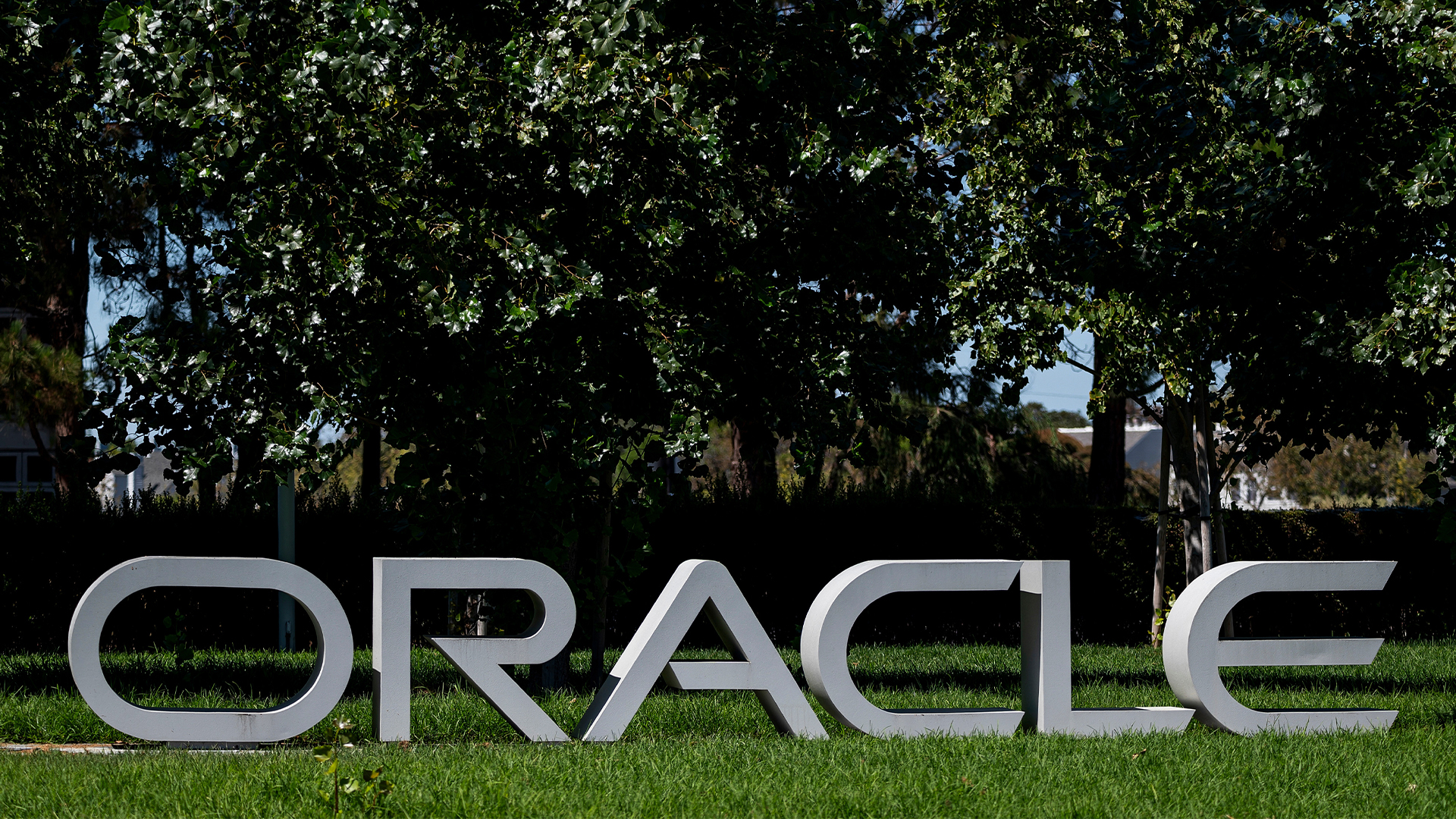Oracle in the clouds
Inside the enterprise: Big guns taking the cloud seriously is good for larger businesses.

Oracle chief, Larry Ellison, is never shy about speaking his mind. And, as the head of the database and enterprises applications company, he has been one of the leading sceptics when it comes to cloud computing.
In the past Ellison has with some justification dismissed cloud as a new way of selling old technology. At a 2008 Oracle event, he described cloud as "complete gibberish".
The firm was happy to run hosted applications, or allow others (including NetSuite and Salesforce.com) to run cloud software based on Oracle technology, but cloud was not high on the company's list of priorities.
But, in a U-turn worthy of a government dropping a tax on warm pasties, Oracle has announced that it is moving into cloud in a big way.
According to Oracle's own figures, the company already has around $US1 billion (650 million) in revenues from software-as-a-service. The company plans to put more than 100 applications into the cloud, ranging from social media analytics to enterprise resource planning (ERP) and human resources management systems.
Oracle will also offer databases in the cloud, and private and managed cloud options for companies that want more control than public clouds offer.
Critically, businesses will be able to run their applications on private instances of the Oracle database, rather than using a shared, multi-tenant database model. Removing any chance of data intermingling between different users addresses one of the enduring security concerns about cloud.
Get the ITPro daily newsletter
Sign up today and you will receive a free copy of our Future Focus 2025 report - the leading guidance on AI, cybersecurity and other IT challenges as per 700+ senior executives
Struggling software sales
But Oracle's statement of intent around the cloud goes beyond its list of applications and technical features.
"Oracle does have the widest and deepest portfolio of cloud enabled apps," said Ray Wang, principal analyst at Constellation Research. "But it's good to see a shift in thinking from cloud being a fad to Oracle embracing the cloud."
And it is certainly the case that the large enterprise software vendors, including Oracle, SAP and to some extent Microsoft, have struggled with the cloud, leaving the market mostly in the hands of the large system vendors, integrators and specialist cloud companies.
Concerns about cannibalising on-premise revenues have deterred the big software firms from really pushing cloud technologies. Or, as SAP did with Business ByDesign, they have struggled to create a separate cloud platform with their technology.
If Oracle can follow through on its cloud vision and deliver both the applications, and the inter-app integration it promises, it will give a significant boost to enterprises wanting to control IT costs and more flexible delivery models for core software technologies. With Oracle in the cloud, CIOs have more choice.
Ellison, for all his bluster, is also a realist. Businesses are increasingly using tablets and other mobile devices for day-to-day computing. Moving applications to the cloud could also be a way to revive another area of Oracle's business that has been in the slow lane: mobile computing. Again, if it works, it will be a win for the enterprise.
Stephen Pritchard is a contributing editor at IT Pro
-
 Should AI PCs be part of your next hardware refresh?
Should AI PCs be part of your next hardware refresh?AI PCs are fast becoming a business staple and a surefire way to future-proof your business
By Bobby Hellard
-
 Westcon-Comstor and Vectra AI launch brace of new channel initiatives
Westcon-Comstor and Vectra AI launch brace of new channel initiativesNews Westcon-Comstor and Vectra AI have announced the launch of two new channel growth initiatives focused on the managed security service provider (MSSP) space and AWS Marketplace.
By Daniel Todd
-
 Say goodbye to walled gardens, Oracle is doubling down on multi-cloud
Say goodbye to walled gardens, Oracle is doubling down on multi-cloudNews Oracle is still focused heavily on driving multi-cloud adoption, doubling down on a message that came out of Oracle CloudWorld 2024 in Las Vegas a few months ago.
By George Fitzmaurice
-
 SAP launches sovereign cloud service for UK customers
SAP launches sovereign cloud service for UK customersNews The move makes SAP the latest to roll out a sovereign cloud service for UK customers
By George Fitzmaurice
-
 Sovereign cloud demand is “truly global” according to Oracle — and the company is well placed to capitalize on it
Sovereign cloud demand is “truly global” according to Oracle — and the company is well placed to capitalize on itNews Oracle has been at the forefront of sovereign cloud buzz and is keen to offer customers tools to make it happen
By George Fitzmaurice
-
 ‘Many of our long-time rivals are now our partners’: Why Oracle is doubling down on multi-cloud
‘Many of our long-time rivals are now our partners’: Why Oracle is doubling down on multi-cloudAnalysis The firm is focusing heavily on integration with other major cloud providers to drive multi-cloud adoption for customers
By George Fitzmaurice
-
 Oracle CloudWorld 2024 live: All the news and updates from day-two
Oracle CloudWorld 2024 live: All the news and updates from day-twoLive Blog It’s day-two at Oracle CloudWorld 2024 - Stay up to date with all the news and announcements at Oracle CloudWorld 2024 in our live coverage from Las Vegas
By George Fitzmaurice
-
 SuiteWorld 2024 live: All the news and updates as they happen
SuiteWorld 2024 live: All the news and updates as they happenLive Blog ITPro is live on the ground in Las Vegas today for Oracle SuiteWorld 2024 – follow our rolling coverage to keep tabs on all the latest news and announcements
By George Fitzmaurice
-
 Oracle expands Spanish cloud offerings with $1 billion investment
Oracle expands Spanish cloud offerings with $1 billion investmentNews Oracle said its new cloud region will help financial firms adhere to strict sovereignty and data privacy regulations
By Emma Woollacott
-
 Oracle and Google Cloud join forces to streamline multi-cloud deployments
Oracle and Google Cloud join forces to streamline multi-cloud deploymentsNews Cross-Cloud Interconnect will allow customers to combine Oracle Cloud Infrastructure and Google Cloud technologies with no cross-cloud data transfer charges
By Emma Woollacott